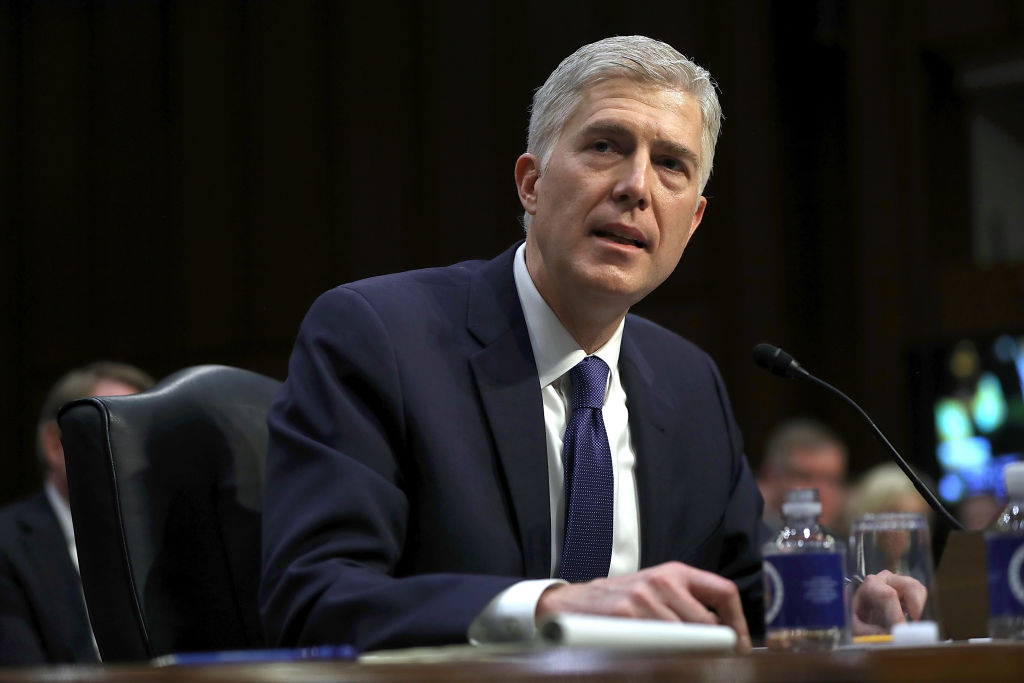Justice Neil Gorsuch’s critique regarding the excessive use of emergency powers by government officials during the COVID-19 pandemic incorporates the shared culpability of all three governmental branches. He highlights the alarming frequency of emergency mandates, while also pointing out the lack of responsiveness from state legislatures and Congress. This statement surfaced in the recent Supreme Court case of Arizona v. Mayorkas, a focal point among various lawsuits related to Title 42 orders, which enabled federal immigration officials to reject asylum-seeking migrants.
Gorsuch’s analysis is not merely a critique, but also a proposition for improved governance in times of crisis. He emphasizes the consequential impact of fear and the instinct for self-preservation on public reactions, stressing the necessity of upholding legislative processes instead of resorting to rule by decree.
The COVID-19 pandemic situation compelled a reconsideration of the concept of emergency itself, particularly as it was broadened to encompass policy issues not directly related to the health crisis, such as eviction moratoriums. “The term “emergency” should ideally refer to unforeseen, sudden, and urgent scenarios, argues Jonathan Bydlak of the R Street Institute. He illustrates this point with an analogy: while one might dismiss normal rules in the immediate aftermath of a car accident, it does not mean the same should apply months later when the victim is in recovery.”
Gorsuch adamantly believes government overreach to be a serious issue, and contemplates that the COVID-19 emergency declarations may have been the worst peacetime infringements upon civil liberties in United States history. His key point is the need for a stricter framework surrounding the invocation of executive emergency powers, a responsibility shared by legislative bodies, Congress, and courts at all levels.













